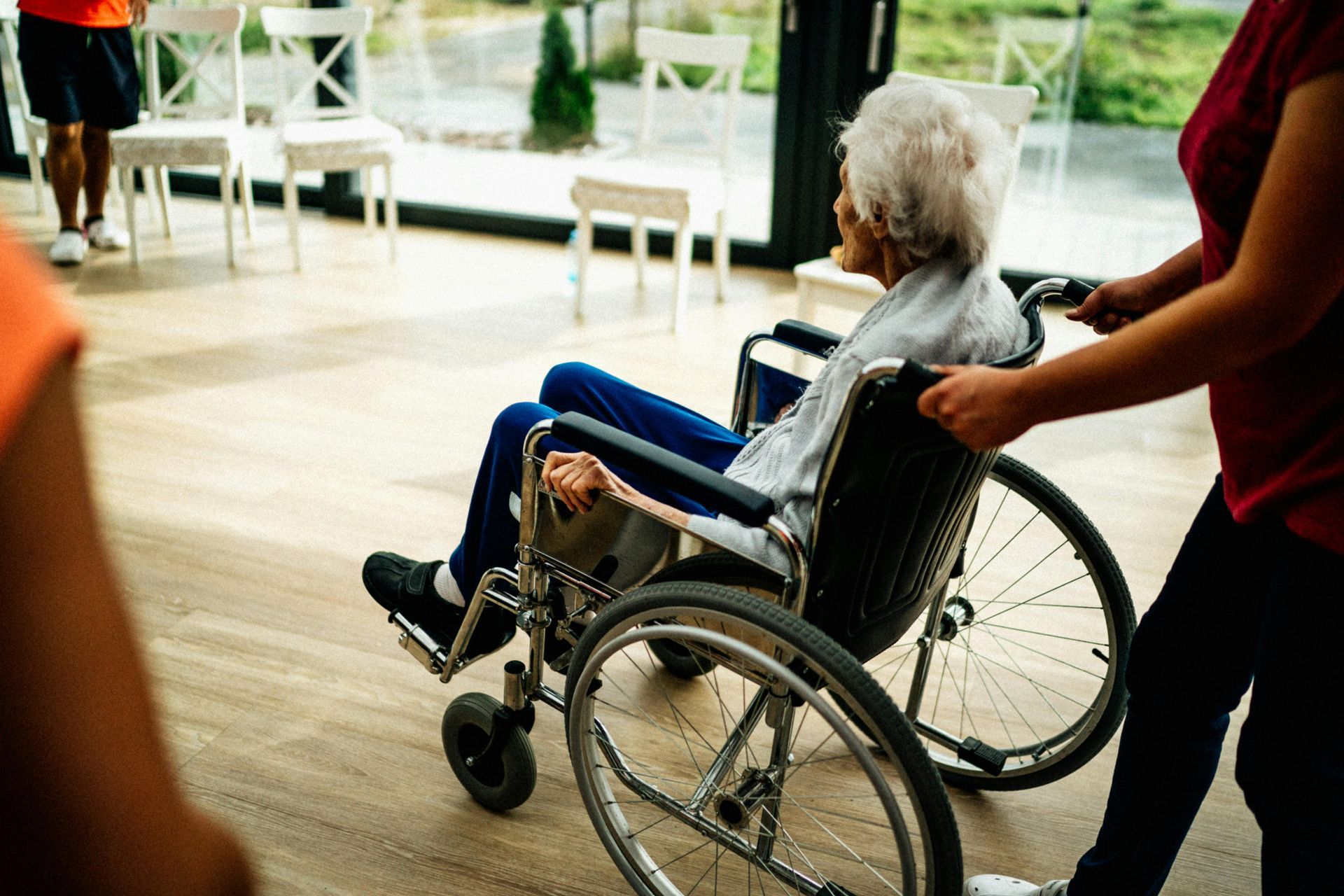Get in touch
Understanding Guardianship and Conservatorship in Kansas
March 24, 2025
When an older adult or someone with Alzheimer's, dementia, or any other serious health issue can no longer make safe decisions about their care or finances, guardianship or conservatorship may be needed. These legal arrangements help protect vulnerable individuals from neglect, abuse, or financial exploitation. However, they should only be used when other options are not effective.
What is Guardianship?
A guardian is a person appointed by the court to make legal decisions about an individual’s health, safety, and overall well-being. The person under guardianship is called a ward. Guardians help ensure their ward receives proper medical care, safe housing, and necessary services. Acquiring guardianship takes time. It involves enlisting the help of an attorney and testifying in court for guardianship proceedings. Not only does a guardian make health care and financial decisions, a guardian also makes sure the person's day-to-day needs for safety, food, shelter and care are met. Guardians are responsible to and supervised by the court.
What is Conservatorship?
A conservator
is appointed by the court to manage an individual’s finances and property. The person under conservatorship is called a conservatee. Conservators oversee bank accounts, pay bills, and make sure the conservatee’s assets are protected.
What Are the Responsibilities of a Guardian or Conservator?
- Guardians make decisions about healthcare, living arrangements, and personal needs.
- Conservators manage money, pay expenses, and handle financial matters.
- Both must always act in the best interest of the person they support.
- The law requires them to respect the wishes and values of the ward or conservatee as much as possible.
- Every year, guardians and conservators must submit reports to the court about the care and finances of the person they support.
Does a Guardian or Conservator Pay for Care?
No, guardians and conservators are not
required to use their own money to support the ward or conservatee. Medical bills, nursing home costs, and other expenses should be paid from the individual’s own funds or through available benefits.
Can a Guardianship or Conservatorship End?
Yes, the court may end guardianship or conservatorship if:
- The person regains the ability to make their own decisions.
- The need for guardianship or conservatorship no longer exists.
- The ward or conservatee passes away.
How to Become a Guardian or Conservator?
Anyone appointed after January 1, 2009, must complete a basic training program
before officially becoming a guardian or conservator.
For more information, visit the Kansas Guardianship Program website
or call 1-800-672-0086.

Opinion piece from Dave Ranney, current KABC Board Member and retired newspaper reporter: In a recent Kansas News Service story on Sen. Roger Marshall’s appearance at a town hall meeting in Oakley, Kansas, (pop. 1,982), a board member with the local nursing home said he’d hoped to hear about issues “…affecting nursing homes right now. Rural hospitals are hurting but all people wanted to do was scream at the senator.” The board member’s concerns are valid and deeply troubling. Cuts in Medicaid spending will be devastating. Medicaid is the backbone of long-term care in Kansas; 57 percent of the state’s nursing home residents rely on Medicaid for their care. These are frail elders whose estates have been depleted. They have no money. Medicaid reimbursement rates are, at best, break-even. They’re not ‘profit centers.’ Even a small reduction in rates will push many rural facilities to the brink of closure. Quality of care, too, is sure to suffer. Medicare, unfortunately, does not cover nursing home care. Rural families will be left with no choice but to move their loved ones far from home to receive the care they need and deserve. Already, eight of the state’s 105 counites are without a nursing home; at least 40 have only one. National surveys have found that a fourth of the nursing homes in Kansas are providing sub-standard care, usually due to inadequate staffing. Recruiting and retaining nurses and healthcare staff in small towns is critical. The board member would do well to consider what’ll happen when DOGE figures out that Medicaid is paying for care that often falls short of federal standard. Lawmakers on both the state and national levels have a responsibility to ensure stable Medicaid funding to keep existing facilities open while, at the same time, investing in community-based services that offer lower-cost, in-home care options that allow people to remain in their communities. Sincerely, Dave Ranney Dave Ranney is a retired newspaper reporter, he lives in Lawrence, Kansas.





